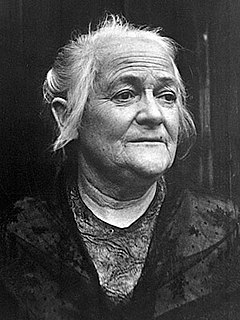A Quote by Nina Turner
Working class men and women deserve a champion. They're tired of people just telling them what they want to hear to get elected and they don't necessarily follow through.
Related Quotes
There's such a stereotype about men and women. Obviously, people think men are faster and stronger and all these other things, and I don't want people to get sucked into that anymore. I want them to realize that the women are out here and doing just as awesome things. They can be just as great, too.
If you come from a working-class background, you can't afford to write full time, because you're just not being paid. Basically, all my arguments come down to Marxist doctrine: The world is shaped by money, so the only voices you'll hear are the ones with money behind them. But thankfully, culture and cool are some things that circumvent money, because if you're cool, people will want to give you money - suddenly you shape the market and people start coming to you. Which is why culture has always been a traditional way out for working-class people.
For most actors, it's such a struggle to get work. Once they have it, they feel that there's an enormous amount of pressure on them to make it work, and have everyone love them. In my case, it was never like that. It was just about working with the people that I want to work with, and telling the stories that I want to tell, you know?
The really successful work in England tends to be working-class writers telling working-class stories. The film industry has been slow to wake up to that, for a variety of reasons. It still shocks me how few films are written or made in England about working-class life, given that those are the people who go to movies.


































